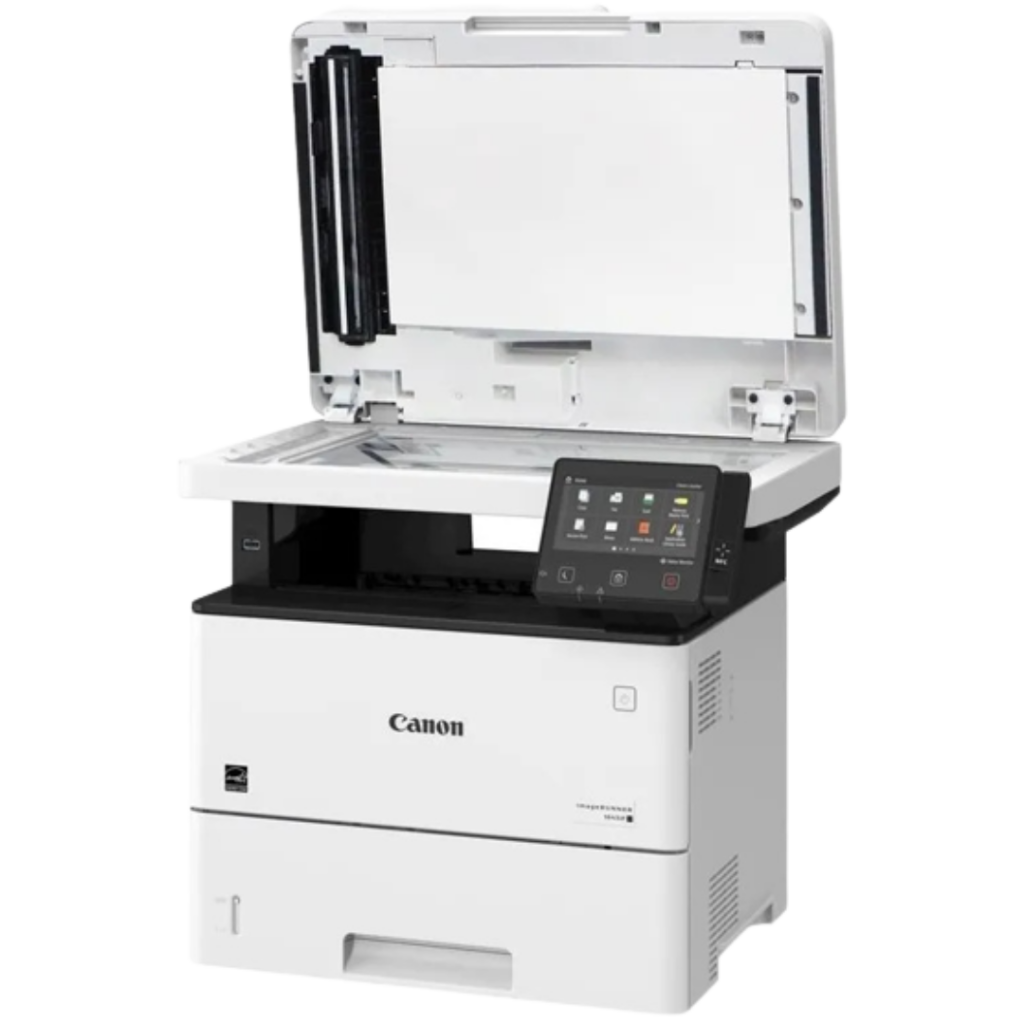Embark on a transformative journey toward a rewarding career with CDL Commercial Driver’s License driver training, a crucial step in paving the way for a bright and successful future in the transportation industry. As the backbone of the American economy, commercial drivers play an indispensable role in moving goods and services across the nation, and obtaining a CDL is the gateway to becoming a part of this essential workforce. CDL driver training equips you with the necessary skills and knowledge to navigate the complexities of operating large vehicles safely and efficiently, making it a critical investment in your career development. The CDL driver training program is designed to provide a comprehensive education that covers all aspects of commercial driving, from mastering vehicle operation to understanding regulatory requirements. During the training, you will gain hands-on experience behind the wheel of various types of commercial vehicles, including trucks, buses, and trailers, ensuring you are well-prepared for the diverse challenges of the job. This practical experience is complemented by classroom instruction that delves into important topics such as vehicle maintenance, safety protocols, and transportation laws, giving you a well-rounded foundation to excel in your new role.

One of the key advantages of CDL driver training is the enhanced employability it offers. With the growing demand for skilled commercial drivers, completing a reputable training program significantly boosts your job prospects and opens doors to numerous career opportunities. Employers value candidates who have undergone rigorous training and possess a CDL, as it demonstrates a commitment to professionalism and a thorough understanding of the responsibilities involved. Furthermore, many training programs offer job placement assistance, connecting you with potential employers and streamlining the transition from training to employment. Beyond the immediate career benefits, CDL driver training also contributes to long-term career growth and stability. The trucking and transportation industry is known for its competitive compensation and benefits, and experienced drivers often have the opportunity to advance to higher-paying positions or specialized roles. By investing in your CDL education, you set the stage for a fulfilling career that can lead to financial stability and job satisfaction.
Moreover, CDL driver training fosters essential life skills that extend beyond the realm of commercial driving and learn more at global CDL school. The discipline, attention to detail, and problem-solving abilities developed during training are valuable assets in any profession. The ability to remain calm under pressure, make informed decisions quickly, and manage time effectively is traits that will benefit you in various aspects of your life. In conclusion, CDL driver training is a gateway to a promising and dynamic career in the transportation industry. By equipping you with the skills, knowledge, and credentials needed to succeed, it opens up a world of opportunities and sets the foundation for long-term career advancement. Investing in CDL training is not just a step toward a job but a stride toward a bright and successful future. Whether you are starting a new career or seeking to advance your current position, CDL driver training is a powerful tool for achieving your professional goals and driving toward a rewarding future.


